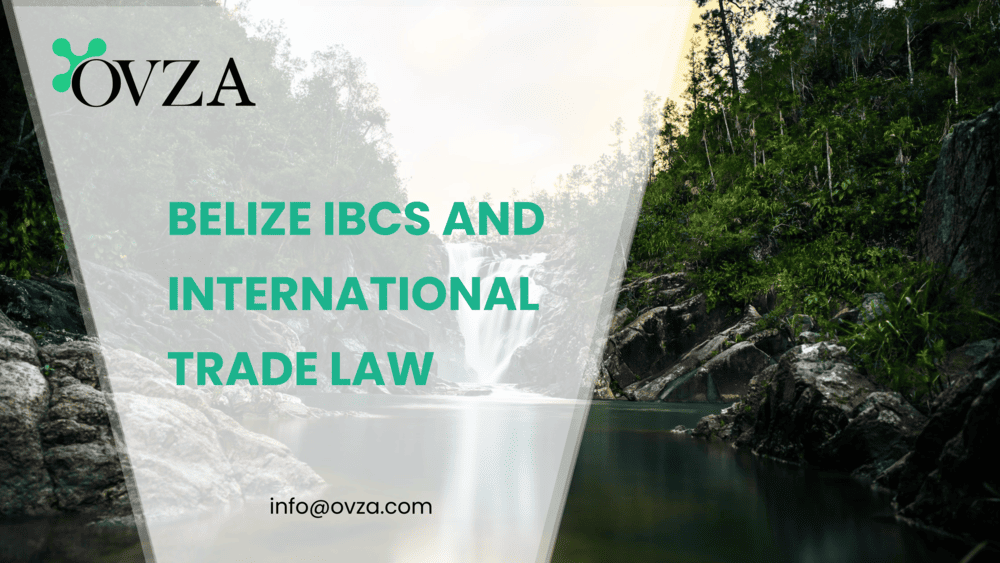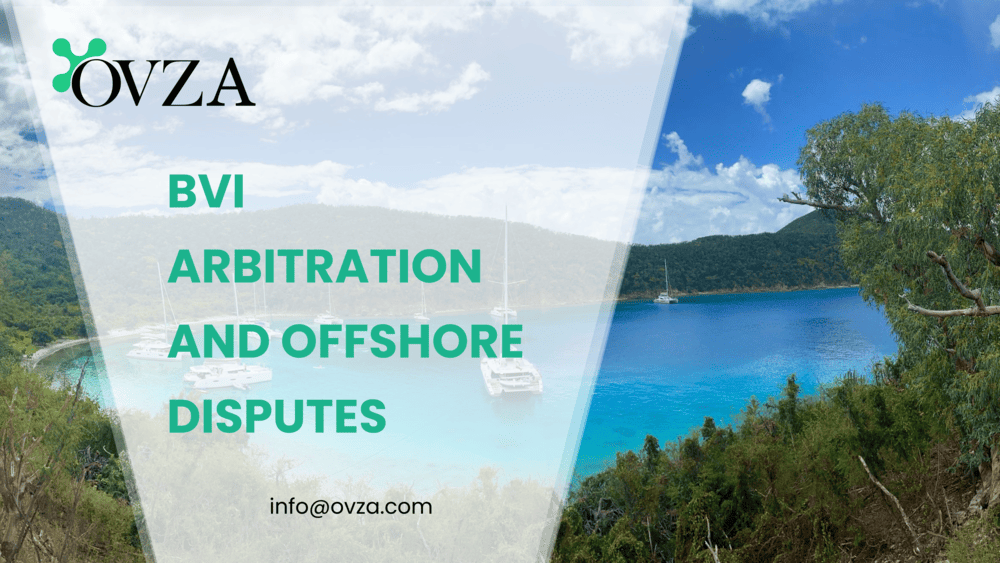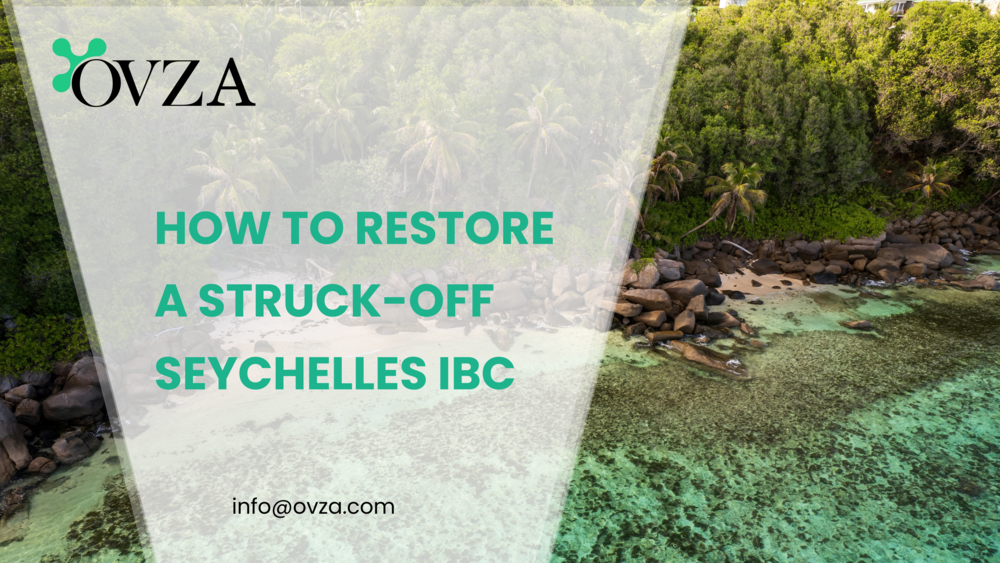Yes, an offshore company holding art, collectibles, or NFTs is legal and increasingly common—when structured with care and proper documentation.
As interest in alternative investments grows, many high-net-worth individuals and family offices are turning to offshore entities to hold tangible and digital valuables. Whether for privacy, estate planning, or cross-border investment flexibility, these assets—ranging from paintings and classic cars to blockchain-based NFTs—are now being structured within corporate wrappers. But in 2025, these arrangements must go far beyond simple ownership; they must comply with international transparency rules, valuation standards, and evolving tax obligations.
Legal Framework and Corporate Capacity to Hold Art and NFTs
An offshore company is a distinct legal entity capable of owning property in its own name. It can purchase, hold, insure, transfer, and sell assets—whether those assets are physical (like sculptures or rare watches) or digital (such as NFTs). Therefore, there is no legal barrier to an offshore company holding art, collectibles, or NFTs, provided that the asset is properly documented and that ownership is traceable to the company through invoices, smart contracts, or title certificates.
Jurisdictions such as the British Virgin Islands, Cayman Islands, Belize, and Seychelles recognize the legal capacity of offshore companies to hold such property and place few restrictions on the type of assets that can be owned. However, regulators and financial institutions now scrutinize these structures more closely, especially where high-value or hard-to-value assets are involved. Proof of source of funds, clear beneficial ownership disclosures, and formal documentation of the acquisition are now standard requirements for any offshore company holding art, collectibles, or NFTs.
Ownership alone is not sufficient. If the asset is meant to be part of a long-term wealth strategy, the company must record the item on its balance sheet, maintain adequate insurance, and, where possible, obtain independent third-party valuations. Without this structure, the ownership may be challenged, either by tax authorities seeking to apply personal-use rules or by creditors attempting to look through the entity in litigation.
Strategic Uses and Benefits of Offshore Asset Holding
There are compelling strategic reasons for using an offshore company holding art, collectibles, or NFTs, particularly for high-net-worth individuals who require jurisdictional flexibility, discretion, and continuity of control. A properly structured offshore company can separate personal identity from legal ownership—providing a measure of privacy and protection, especially in jurisdictions where disclosure of personal wealth can carry legal or social risks.
Another major advantage is estate planning. Art and collectibles are often illiquid, expensive to transfer, and may require formal appraisals upon succession. If held personally, these assets may become subject to probate, inheritance tax, or even forced heirship laws in civil law jurisdictions. But when held through an offshore company, the underlying asset does not need to be retitled—only the shares of the company are transferred, which simplifies succession and, in many cases, can avoid triggering transfer taxes altogether.
In the case of NFTs and digital collectibles, ownership through an offshore entity can also create a layer of legal distinction that makes intellectual property protection and licensing more effective. For instance, an NFT representing a digital artwork or domain name can be licensed to third parties or monetized more efficiently when owned through a structured offshore vehicle. Blockchain-based ownership can still be attributed to the corporate wallet of the entity, creating a seamless blend between Web3 and corporate law. In all these cases, the benefits of an offshore company holding art, collectibles, or NFTs are not theoretical—they are practical tools in the structuring of modern wealth.
Valuation and Tax Treatment of Offshore-Held Art and Digital Assets
One of the most complex elements of an offshore company holding art, collectibles, or NFTs is how those assets are valued for accounting and tax purposes. Unlike publicly traded securities, art and collectibles are not marked to market daily, and NFT markets can be highly volatile and fragmented. Yet accurate valuation is essential for maintaining balance sheets, filing financial statements, preparing for eventual sale, or complying with international tax obligations.
For traditional art and tangible collectibles, offshore companies often rely on certified appraisers to provide formal valuations, which are then recorded as asset entries in the company’s financials. These appraisals are typically refreshed every few years or upon a triggering event such as a sale, collateralization, or inheritance. If an offshore company is used to hold multiple high-value assets—such as a fine art portfolio or wine cellar—those appraisals must be documented and stored with the company’s registered agent or directors. In the absence of reliable valuations, tax authorities may apply their own estimates when determining capital gains or inheritance liabilities, particularly when assets are transferred between related parties or passed to heirs.
NFTs pose a separate challenge. While blockchain transparency makes it possible to view transactional history, pricing is inconsistent, and liquidity is often limited. An offshore company holding art, collectibles, or NFTs must therefore apply a reasonable valuation methodology, such as the average of recent comparable sales or the last verified on-chain purchase. This information should be paired with screenshots of the blockchain record, wallet signatures, and—when applicable—smart contract metadata. Without these supporting materials, offshore companies may find it difficult to establish defensible cost bases or fair market values for tax and legal purposes.
In jurisdictions where the beneficial owner of the offshore company is subject to CFC rules or global wealth taxation, the valuation of these assets becomes even more critical. Tax reporting obligations may extend to undeclared income or unrealized gains. If a high-net-worth individual uses an offshore company holding art, collectibles, or NFTs for deferral or concealment purposes, tax authorities may challenge the structure, impose penalties, or pierce the corporate veil to treat the asset as personally owned. This is why proper accounting, clear documentation, and legal oversight are no longer optional—they are required components of modern offshore planning.
Cross-Border Transfers, Custody, and Reporting Obligations
When it comes to moving or transferring assets, using an offshore company holding art, collectibles, or NFTs raises both logistical and legal concerns. Physical works of art, such as paintings or sculptures, may be housed in freeports or bonded warehouses to defer import taxes. While this offers a level of anonymity and tax deferral, it also introduces additional reporting burdens. Customs declarations, insurance policies, and transportation permits must reflect the offshore company as the legal owner, and chain of custody must be preserved during any movement across borders.
Digital assets raise similar questions. If the company owns NFTs, the associated wallets and private keys must be managed securely and ideally controlled by authorized directors or custodians. Poor management of wallet access, vague documentation about ownership, or reliance on personal wallets can undermine the legitimacy of the company’s claim. Courts and tax agencies have already begun treating digital wallet control as a proxy for beneficial ownership. Therefore, when using an offshore company holding art, collectibles, or NFTs, it is essential to establish multi-signature wallets, governance protocols, and access logs that clearly support corporate—not personal—control over the digital asset.
Reporting obligations have also become stricter. Under the OECD’s Common Reporting Standard (CRS), beneficial ownership of offshore companies must be disclosed to relevant tax authorities. While CRS does not yet mandate asset-level reporting for NFTs or art, countries are rapidly expanding their interpretation of reportable financial accounts. In the meantime, FATF guidelines already treat high-value art and certain NFTs as “designated non-financial businesses,” meaning AML and KYC rules may apply to intermediaries such as galleries, brokers, and custodians involved in the transaction.
The net result is clear: while an offshore company holding art, collectibles, or NFTs can still provide meaningful benefits in terms of asset separation, continuity, and control, it must now meet far higher standards of legal formality, financial transparency, and international compliance.
Best Offshore Jurisdictions for Holding NFTs and Digital Collectibles
When it comes to setting up an offshore company holding art, collectibles, or NFTs, the jurisdiction you choose will determine not only compliance complexity but also practical usability. In 2025, some offshore jurisdictions have emerged as more crypto-forward than others—offering easier onboarding for NFT wallets, more accommodating financial service providers, and regulatory clarity around digital asset ownership.
These jurisdictions tend to support tech-driven asset holding, recognize smart contracts, and offer reliable KYC frameworks that still preserve corporate privacy. Selecting the right one is essential for anyone planning to hold NFTs, metaverse assets, or digital collectibles via an offshore structure.
Below is a ranked chart of crypto- and NFT-friendly offshore jurisdictions based on regulatory environment, digital asset recognition, and onboarding efficiency:
| Jurisdiction | Crypto & NFT Support | Wallet/Custody Recognition | Regulatory Clarity | Notes |
| British Virgin Islands | Very High | Recognized in practice | Moderate | Common choice for crypto startups, NFT holding companies |
| Seychelles | High | Recognized | Moderate | Light-touch regulation and fast setup for digital asset firms |
| Cayman Islands | Very High | Recognized + Fund-ready | High | Institutional-grade compliance; ideal for larger NFT portfolios |
| Belize | Moderate | Informal but accepted | Low to Moderate | Practical for basic crypto and NFT use; limited legal clarity |
| Nevis | Moderate | Unclear | Low | Possible via custom structures; lacks explicit digital asset law |
| Marshall Islands | Low to Moderate | Not formally recognized | Low | Better suited for general holding than active NFT engagement |
| St. Vincent & Grenadines | Low | Not recognized | Low | Minimal enforcement; usable but higher banking and compliance risk |
| Antigua & Barbuda | Low | Not recognized | Low | More often used for trusts or citizenship-linked planning |
| Samoa | Very Low | Not supported | Low | Rarely used for digital asset structuring |
Conclusion
An offshore company holding art, collectibles, or NFTs can offer real legal and strategic benefits in 2025—especially for privacy, estate planning, and asset control. However, these structures must be executed with proper documentation, valuation, and compliance. When set up correctly, they offer flexibility and protection. When done poorly, they invite tax and regulatory risk. At OVZA, we help clients structure these holdings lawfully and securely, across jurisdictions that recognize the value of alternative assets.
Disclaimer: The information provided on this website is intended for general reference and educational purposes only. While OVZA makes every effort to ensure accuracy and timeliness, the content should not be considered legal, financial, or tax advice.








